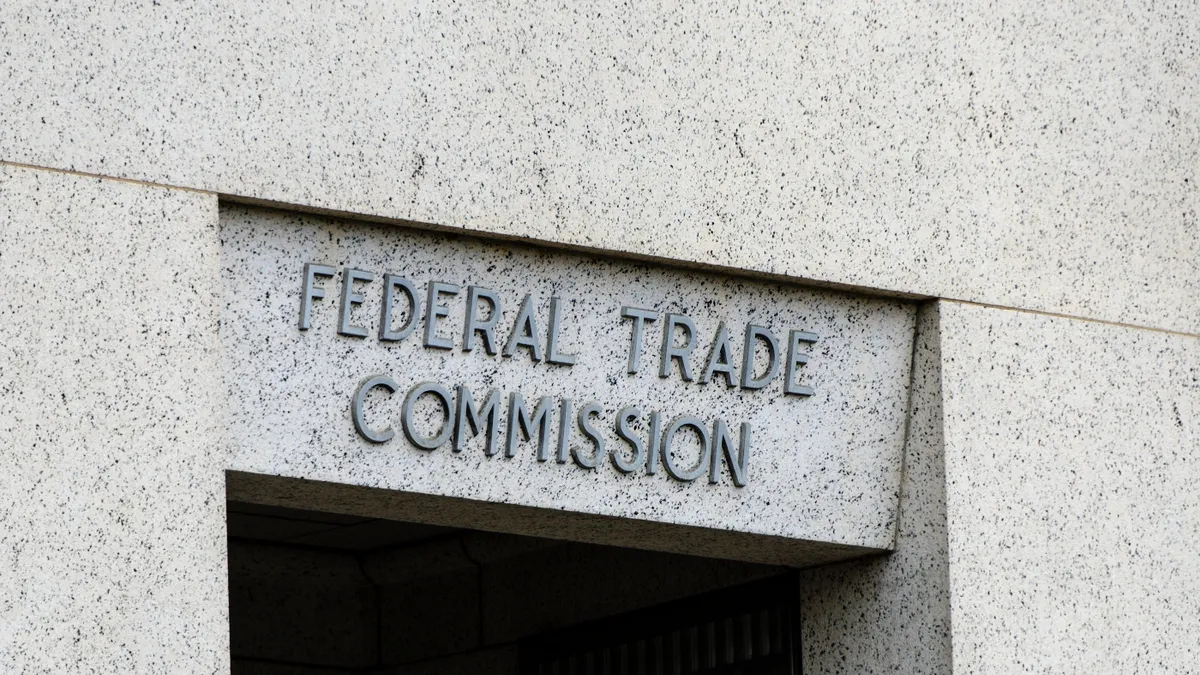Inflation, market volatility and other economic troubles are top-of-mind for risk and compliance professionals as they grapple with a growing host of regulatory and social responsibility concerns, according to a recent study conducted by enterprise governance software provider Diligent.
Seventy-seven percent of such leaders agreed inflation is impacting their profitability, according to the study of 461 risk and compliance professionals — including chief risk officers, chief compliance officers, heads of risk and other related senior leaders, the company said in an email.
While lingering supply chain troubles and cybersecurity remain worries, leaders in this space are also eyeing social responsibility as a top concern as regulators propose new standards regarding climate disclosures and digital security. Organizations are also concerned about their companies’ lack of a diversity, equity and inclusion (DEI) strategy.
Whether the growth of social responsibility concerns is driven by regulators or investors, the “survey results paint a very clear picture at what many of us see and feel, which is there are now so many additional risk factors that now organizations have to be focused on,” Diligent CEO Brian Stafford said in an interview.
ESG represents opportunity, but growing reputational risk
Regulators such as the Securities and Exchange Commission (SEC) are honing in on environmental, social and governance (ESG) issues along with investors and consumers, in turn making them top of mind for compliance professionals.
Thirty-five percent of professionals pointed to social responsibility issues as a key challenge when it comes to maintaining a positive corporate reputation, according to the study, alongside the 31% of those concerned over their firms’ lack of a DEI strategy.
The SEC proposed a new mandate that would require companies to disclose information about certain climate-related risks to their investors in March of this year, including information surrounding greenhouse gas emissions — which have become a common metric used to assess companies’ exposure to these types of risks, the SEC wrote in its announcement of the proposal.
The regulatory environment is one among several factors leading companies to create strategies to mitigate what to many are newer risks that must be evaluated, Stafford said. Companies are presenting these strategies to their boards to determine “how are they going to deal with or assess ESG, or social or sustainability as a risk,” he said.
Firms are increasingly confronting whether sustainability, ESG or similar areas represent an opportunity or a risk to be managed, he said, with a growing number viewing such areas as a risk.
The SEC’s proposal also comes among other regulations that focus on climate risk — an element highlighted in the recently ratified Inflation Reduction Act, for example, which aims to cut down energy costs as well as reduce pollution as part of its bid to bolster the U.S. economy.
The Federal Reserve is also conducting an “exploratory” climate-scenario pilot exercise with six of the country’s largest banks in a bid to test the ability to manage climate-related financial risks, the central bank said in a Sept. 29 announcement.
Financial experts have also noted that a lack of such disclosures could lead to a “green swan,” or an asset deflation event that would severely set back the economy, according to a Sept. 29 report by Bloomberg.
Thirty-five percent of risk and compliance professionals pointed to environmental impact as a worry when it comes to reputational risk, according to the study.
Balancing environmental, economic risks
Such leaders and others in the executive suite must juggle environmental and ESG concerns while also fighting against looming economic pressures, however, as inflation continues to drive up costs for both consumers and businesses.
“Companies across the landscape are going through a ruthless prioritization exercise on what risks are most important to you and how you should actually prioritize them,” Stafford said of the current environment as many firms are forced to determine their exposure to different recessionary environments.
Alongside the 77% of respondents who agreed inflation was affecting their firms’ profitability, an additional 72% of risk and compliance professionals stated they had already implemented hiring freezes at their organizations over the last six months. A further 69% noted they are contemplating layoffs as they attempt to manage costs.
However, it is also important to note that while economic pressures and risks are increasing, that does not mean environmental or social risks have evaporated for firms — the survey data shows that while companies are contemplating layoffs and other cost-cutting measures, they are still reporting an increasing focus on ESG and climate, Stafford said.
“We did not necessarily expect to see both be of equal importance,” Stafford said, noting that while one might have expected companies to weigh fiscal responsibility as more important than ESG or sustainability, “they are equal risks or very similar weighted risks across organizations.”
In addition to inflationary and environmental pressures, compliance professionals are also keeping a close eye on digital security. Cybersecurity still remains a top priority, with 40% of risk and compliance leaders pointing to information security — and a further 37% to data breaches — as a key worry when it comes to reputational risk, according to the study.
CFOs gain increasing responsibility
The risks companies must evaluate are not changing, therefore, but rather expanding, a trend that is putting increasing pressure on executives such as CFOs. As the SEC and other regulators put pressure on firms to deliver climate-related disclosures, we are entering an expanded world “where CFOs are going to be responsible for an ever increasing number of non financial disclosures,” Stafford said.
As companies begin to operate in a space where they have “a materially more expansive set of risks, the responsibility of the CFO will continue to grow to make sure they can manage those risks, or at the very least have visibility into all those risks,” Stafford said.
“There are many more risks today that organizations are focused on than would have been the case five years ago, and that creates an expanded role or expanded set of responsibilities at the very least for the CFO,” he said, pointing to the firm’s survey results.



















